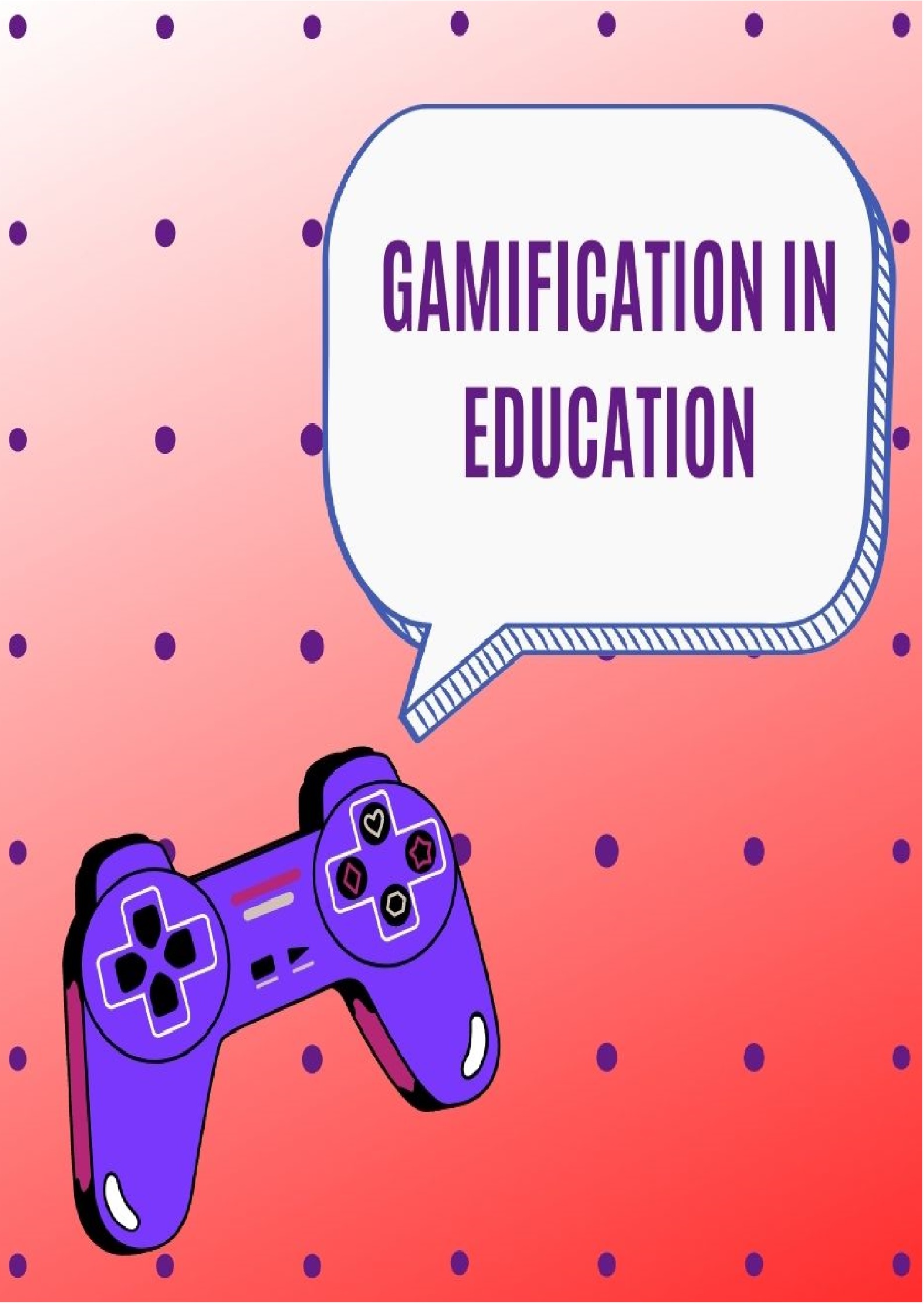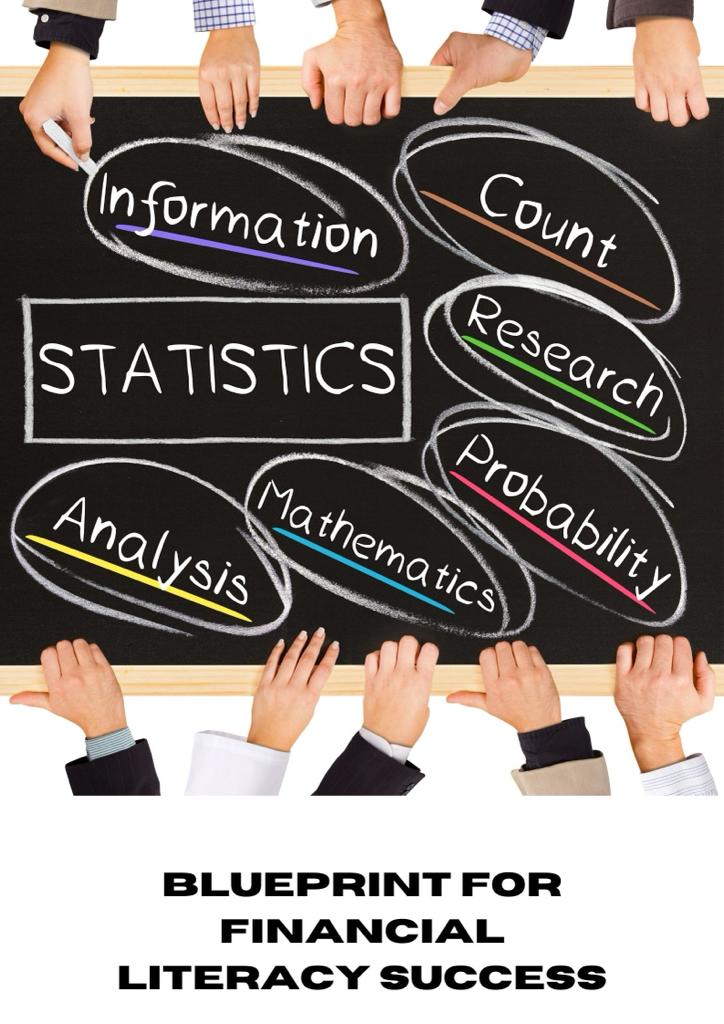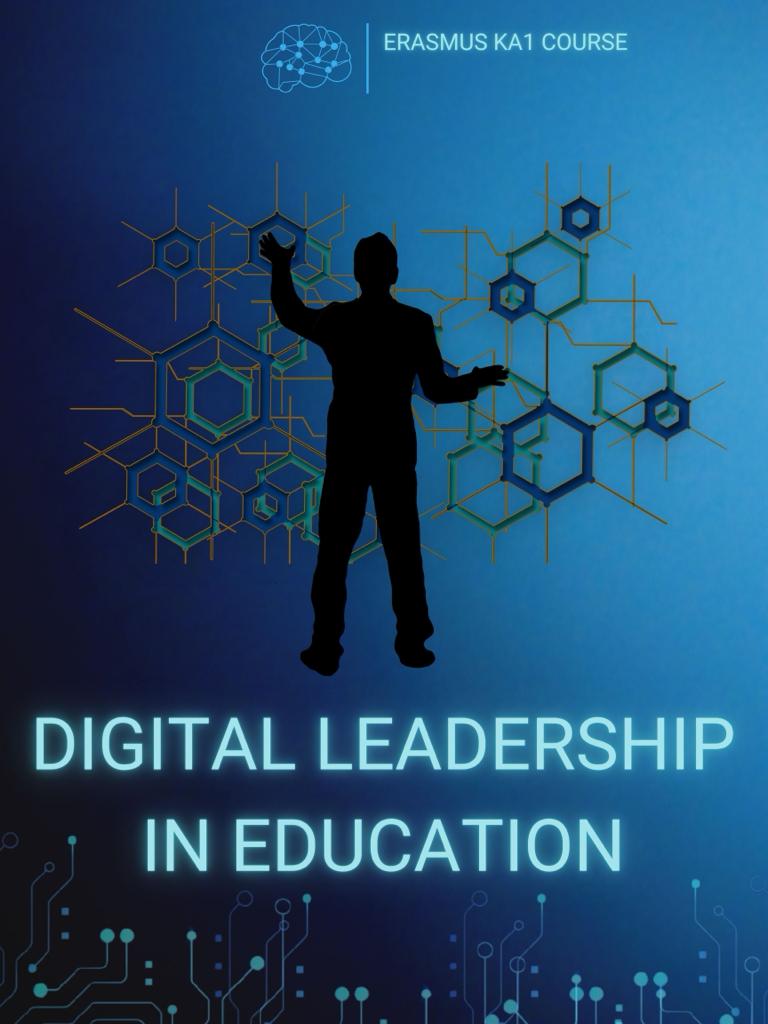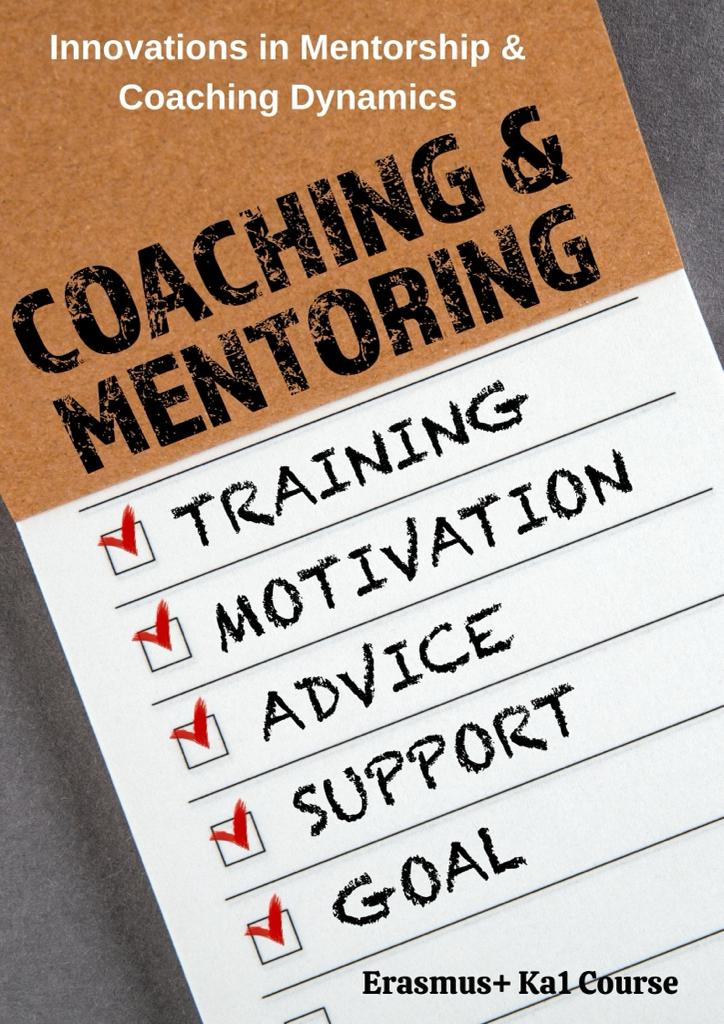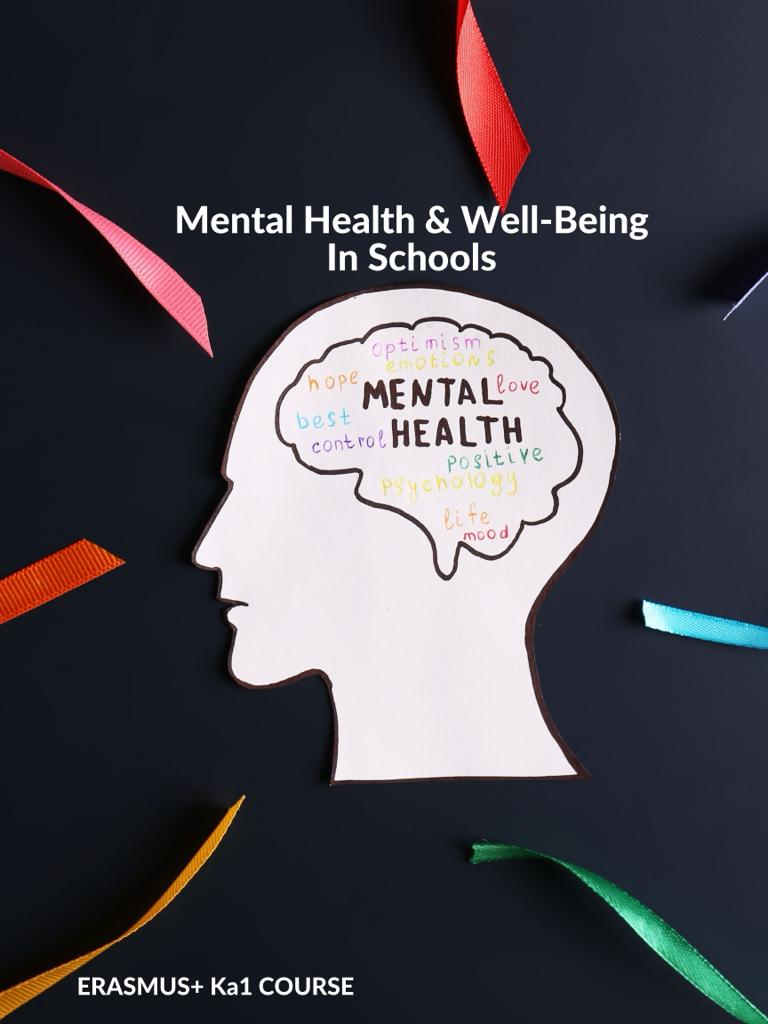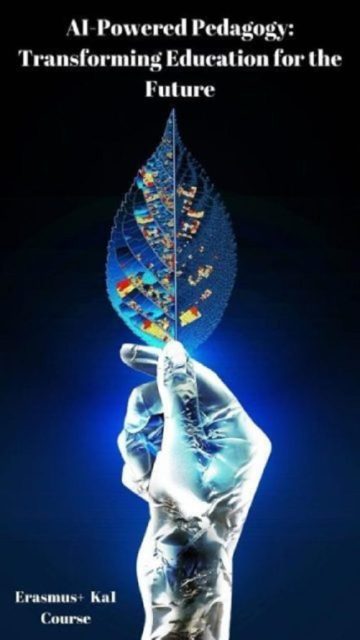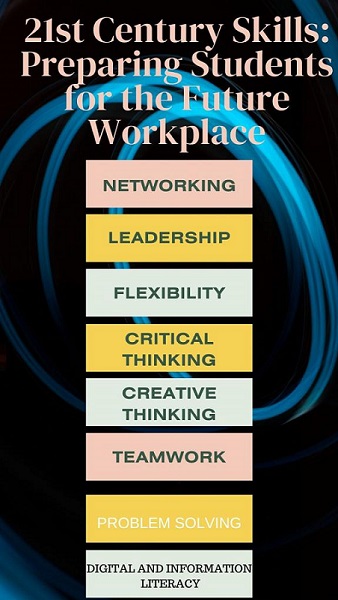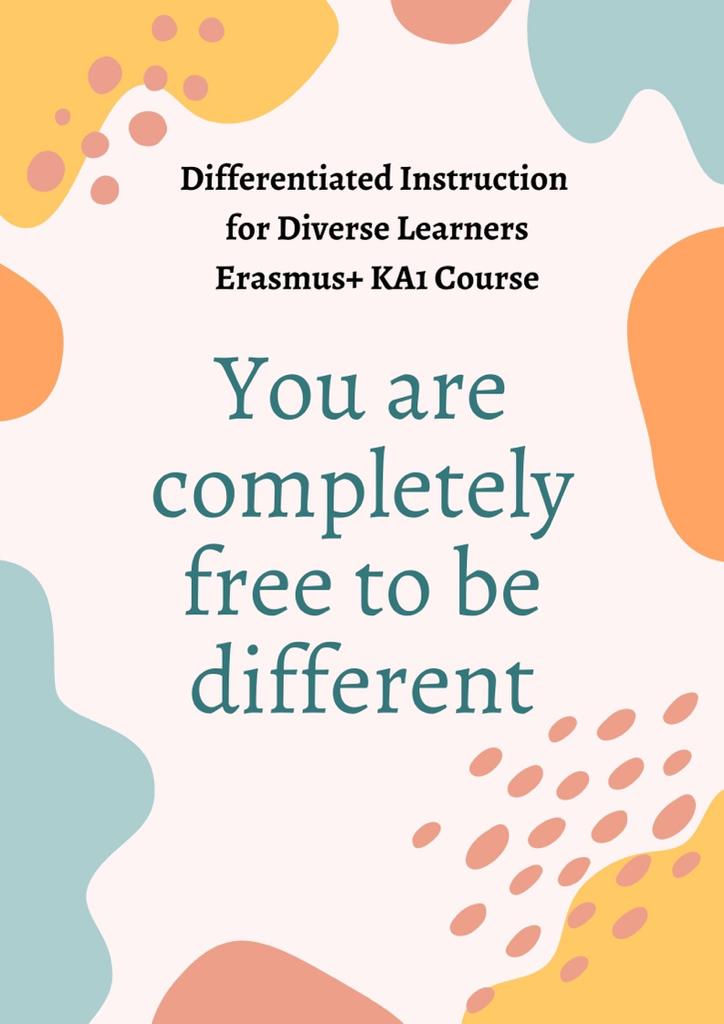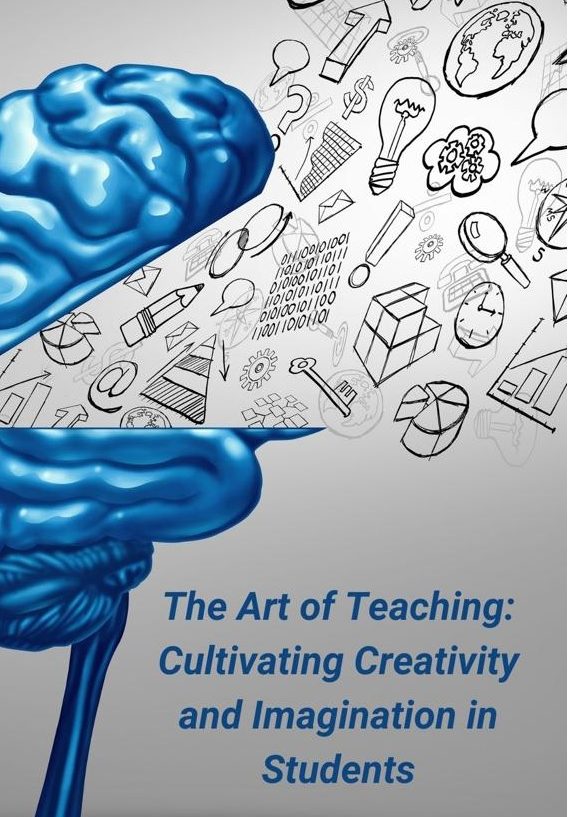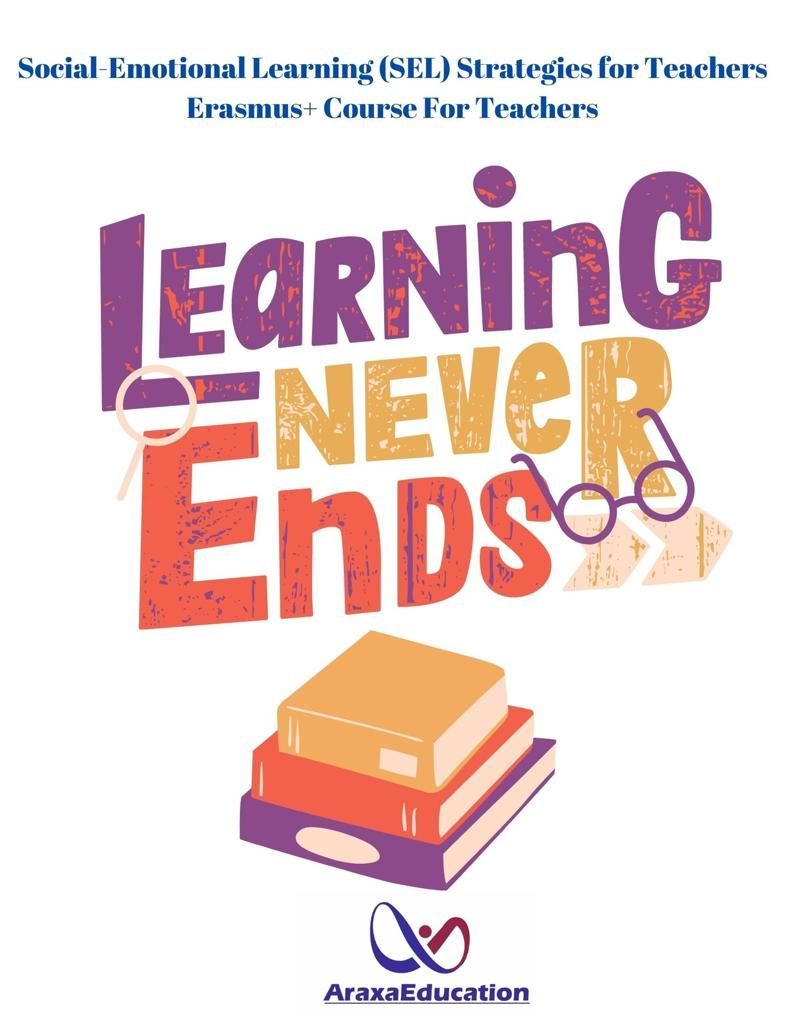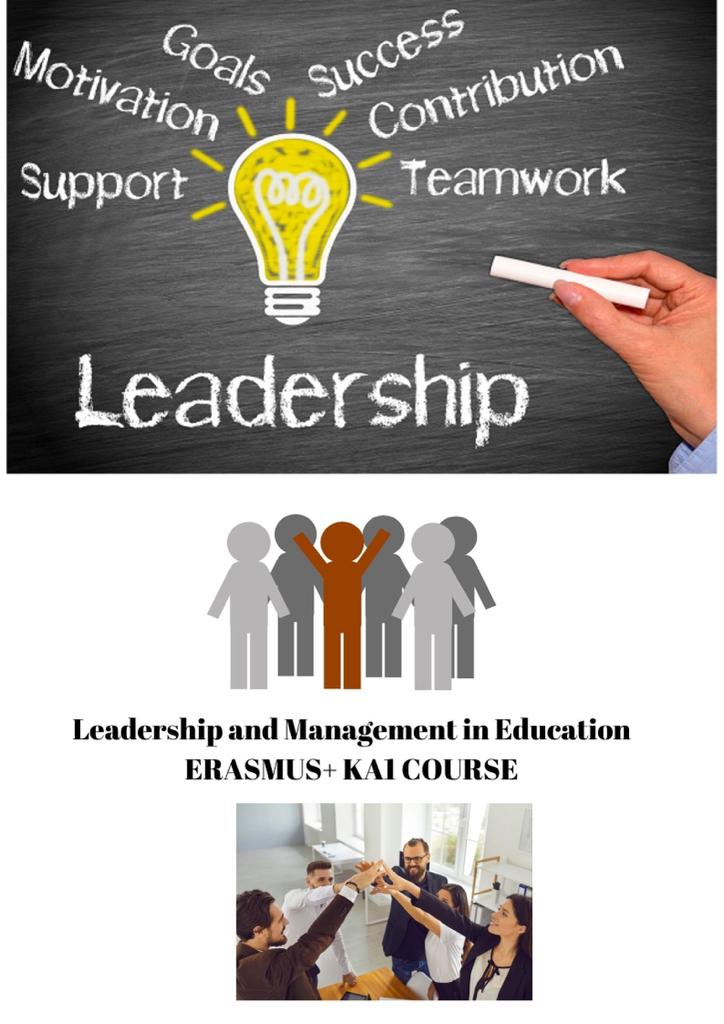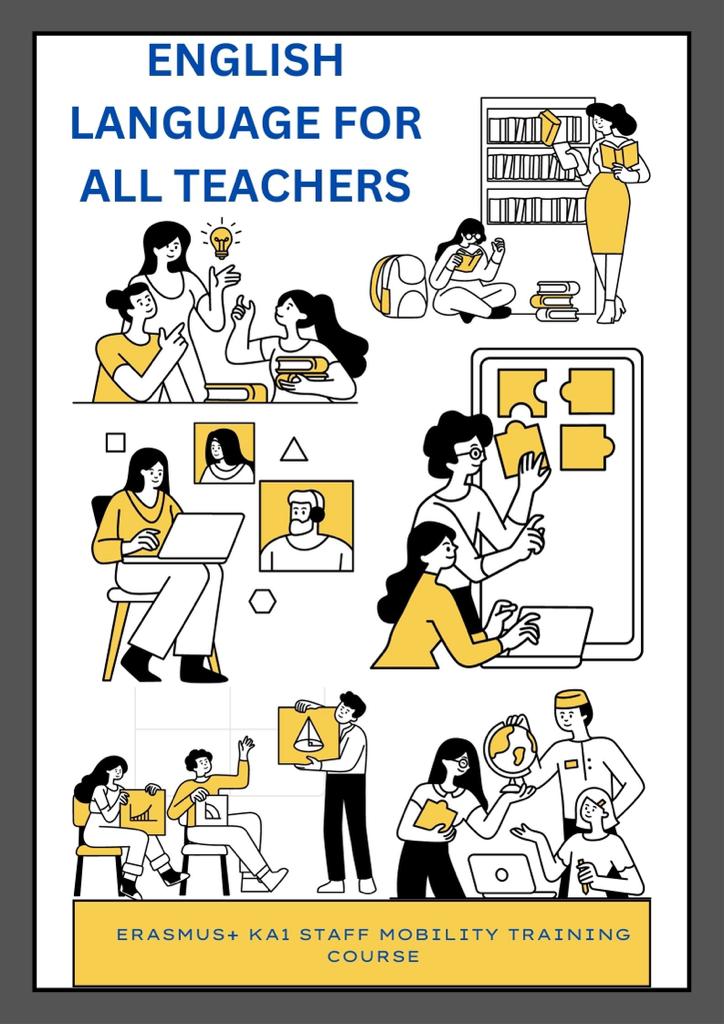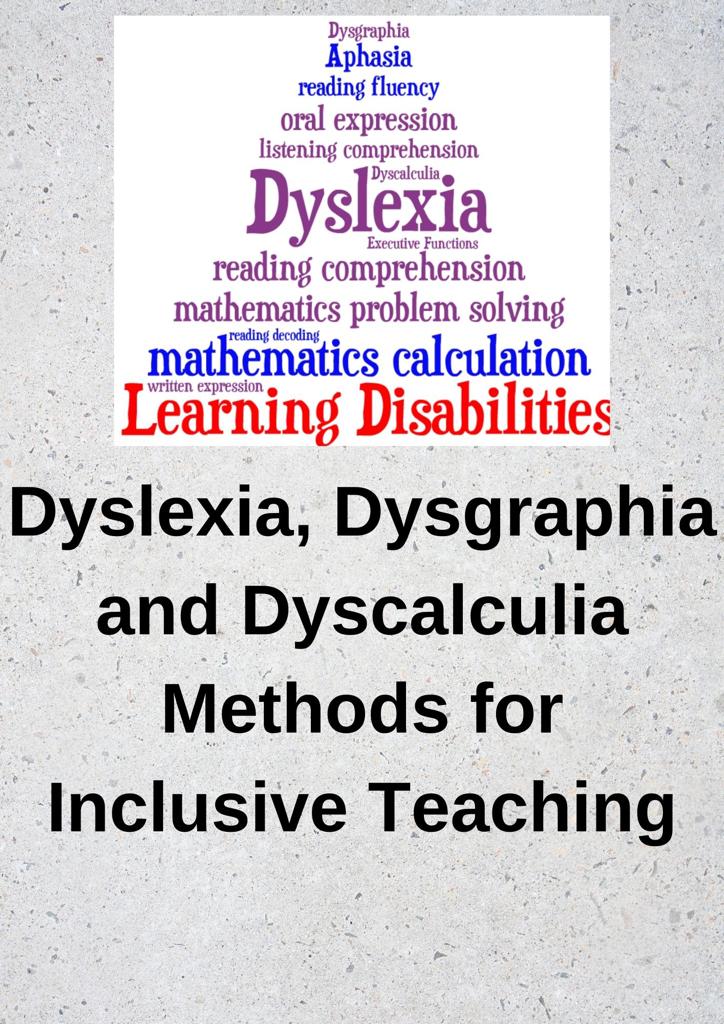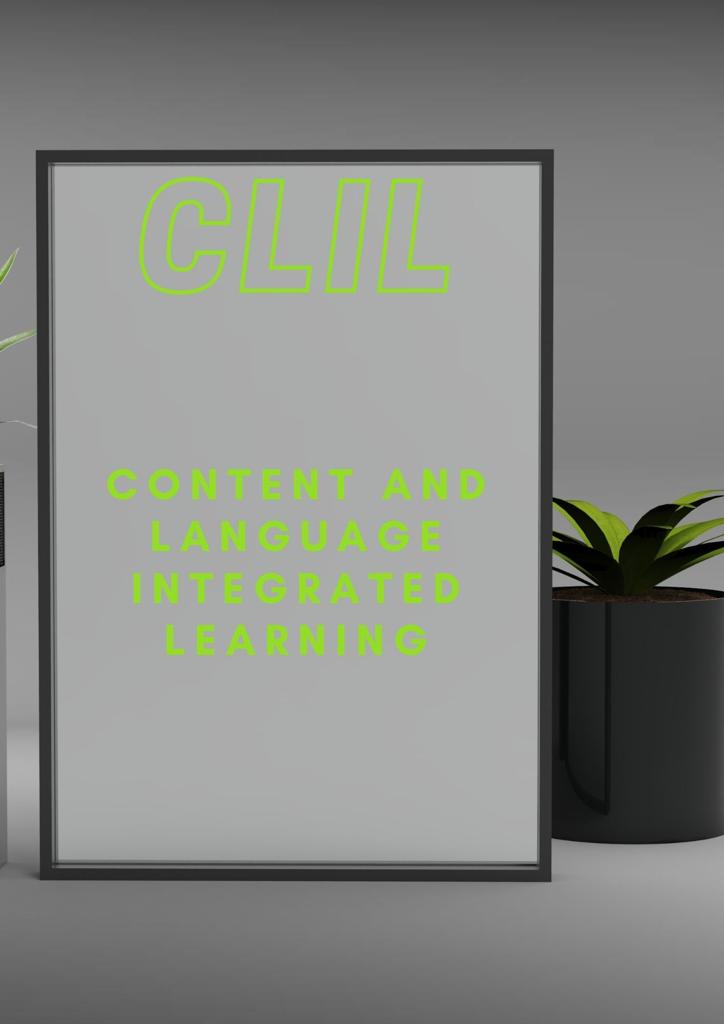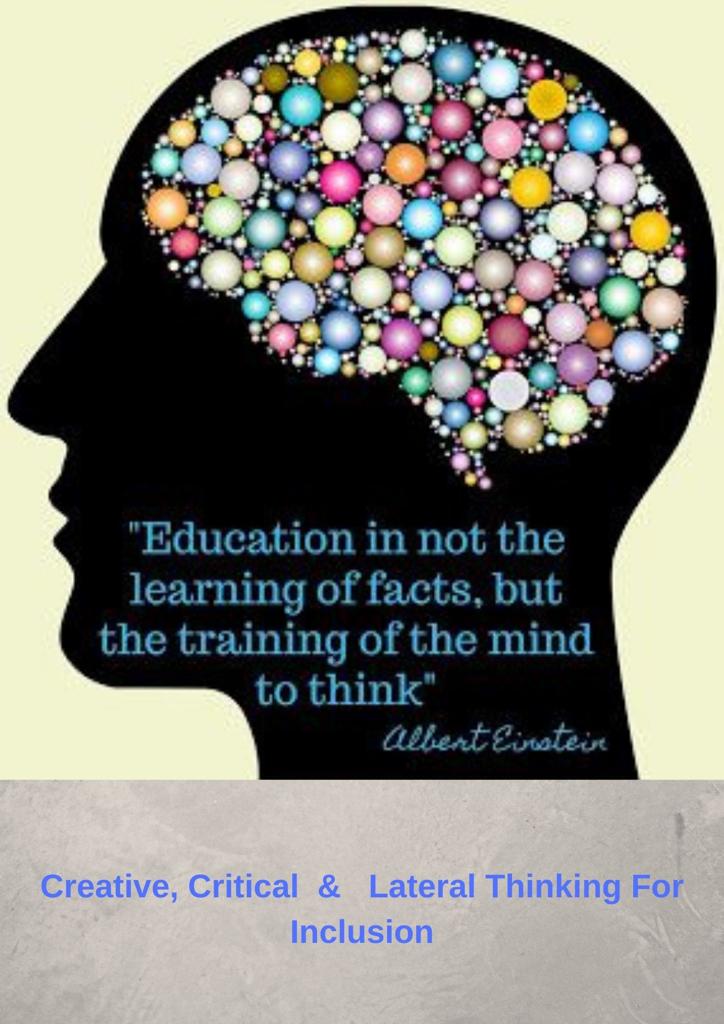| Course Description | This course is for teachers who want to understand why gamification is so important for their teaching practice and how they can use it to develop their students’ skills and knowledge. Participating teachers will learn how to frame the use of games, apps, and/or platforms in their teaching practice without getting lost in the process. They will also explore different approaches to their own learning practice and how gamification can help to plan more motivating and engaging lessons. This course will also boost the participants’ confidence in using ICT tools in the best interest of their students and encourage the exchange of good practices with other colleagues. |
| Methodologies Of The Course |
|
| Pedagogical Approach |
|
| Teaching Methods |
|
| Learning Outcomes |
|
| Objectives | 1. to gain a deep understanding of why gamification is valuable in teaching practice and its potential impact on student learning and engagement.
2. to acquire practical skills for effectively integrating games, apps, and platforms into teaching practice, ensuring alignment with curriculum goals and student needs. 3. to boost confidence in utilizing ICT tools and gamification strategies to create dynamic and engaging learning environments. 4. to engage in reflective activities to evaluate current teaching methods, identify areas for improvement, and adapt teaching strategies to better meet the needs of students. 5. to participate in collaborative discussions and activities to share experiences, exchange ideas, and learn from peers in a supportive environment. 6. to equip educators with the necessary skills and knowledge to navigate the digital landscape effectively, fostering digital readiness, resilience, and capacity for themselves and their students. 7. to inspire educators to explore innovative teaching methods and creative approaches to gamification, promoting active learning and critical thinking among students. |
| Language | English |
| Duration | 5 Days |
| Type of Certification Awarded |
|
Schedule of the activities
|
Online Meeting Program |
Course Content |
| Day 1 |
|
| Day 2 |
|
| Day 3 |
|
| Day 4 |
|
| Day 5 |
|
| Course Fee | The course fee is 80 euros per participant per day.
This fee does not cover some expenses like accommodation or travel etc. Costs covering enrolment fees for staff mobility format ‘Courses and training’. ( Source: Erasmus+ Program Guide) |
You can also make requests for different dates and locations when filling out the pre-registration form, aside from the planned program.
|
PLANNED |
Zagreb, Croatia
1. May 13-17, 2024 2. July 08-12, 2024
Budapest, Hungary 1. May 20-24, 2024 2. August 19-23, 2024
İstanbul, Türkiye 1. May 27-31, 2024 2. September 23-27, 2024
Alanya, Türkiye 1. June 03-07, 2024 2. October 21-25, 2024
Antalya, Türkiye 1. June 10-14, 2024 2. November 18-22, 2024
Rome, Italy 1. June 17-21, 2024 2. December 16-20, 2024
Paris, France 1. June 24-28, 2024 2. January 20-24, 2025
Barcelona, Spain 1. July 01-05, 2024 2. February 17-21, 2025
Thessaloniki, Greece 1. July 08-12, 2024 2. March 24-28, 2025
Lisbon, Portugal 1. July 15-19, 2024 2. April 28-May 02, 2025 |
Discover the transformative power of gamification in education through the Erasmus+ KA1 Course, tailored for teachers seeking to revolutionize their teaching practice.
Understanding the importance of gamification is crucial for educators aiming to enrich student learning experiences. This course equips participants with the knowledge and skills to effectively integrate games, apps, and platforms into their classrooms, fostering engagement and enhancing student outcomes.
Erasmus+ KA1 Course provides practical strategies for navigating the gamification process with confidence. Participants will explore various approaches to learning, discovering how gamification can inspire motivation and creativity in lesson planning.
Moreover, this course serves as a platform for educators to enhance their confidence in utilizing ICT tools for student benefit. Through collaboration and the exchange of best practices, participants will gain valuable insights and inspiration for innovative teaching methodologies.
Join us in the Erasmus+ KA1 Course.

